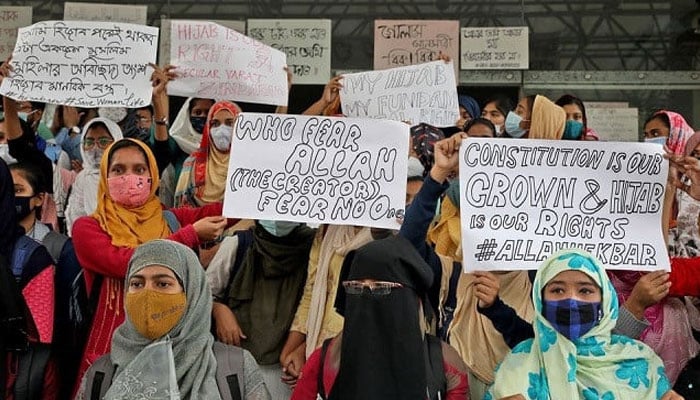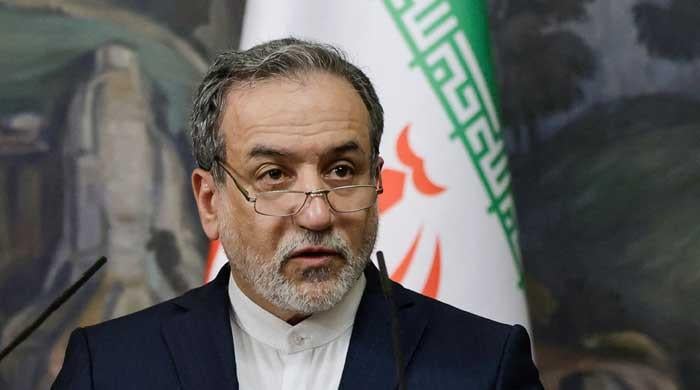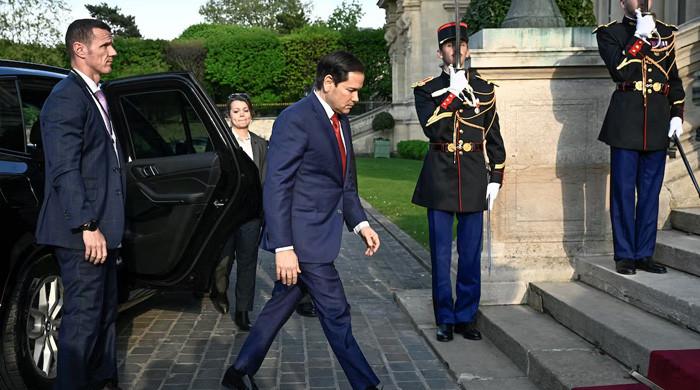Indian state plans law for Muslim marriages and divorces
Measure taken to help stop child marriage, says Assam's CM Sarma as Muslims term bill as attack on their faith
August 22, 2024

- Muslims consider new bill as an attack on their faith.
- Bill to be tabled during next state assembly session: govt.
- Assam CM says bill will "provide safeguards to women".
GUWAHATI: Indian authorities in Assam state have introduced a bill that would require Muslims to register their marriages and divorces, with the chief minister claiming the measure will help stop child marriage.
The bill is seen as a state-level step towards the government's proposed common civil code of law, which is bitterly opposed by Muslim activists as an attack on their faith.
India's 1.4 billion people are subject to a common criminal law, but personal matters such as marriage, divorce and inheritance are governed by varying rules based on the traditions of different communities and faiths.
In Assam, it is already mandatory for other religions to register marriages with civil authorities.
Assam's state government, led by Prime Minister Narendra Modi's Hindu nationalist Bharatiya Janata Party (BJP), said the bill would be tabled during the next state assembly.
"Our basic intention is to stop child marriages," Himanta Biswa Sarma, chief minister of the northeastern state, told reporters Wednesday.
Sarma said the Assam Compulsory Registration of Muslim Marriages and Divorces Bill would not restrict religious rituals, but only ensure marriages and divorces were registered.
The bill will "provide safeguards and benefits... especially to women and prevent the menace of child marriages," he said.
Modi said this month he wanted to press ahead with a Uniform Civil Code (UCC) to standardise laws for personal matters across faiths and religious communities.
Many communities, particularly Muslims, fear a UCC would encroach on their religious laws.
Modi maintains it would serve as an equaliser.
"Those laws that divide the country on the basis of religion, that become reason for inequality, should have no place in a modern society," Modi said during an Independence Day address on August 15.
"That is why I say: the times demand that there is a secular civil code in the country."
Modi won a third successive term in office in June but was forced into a coalition government for the first time in a decade.
The BJP's Hindu nationalist rhetoric has left India's Muslim population of more than 220 million increasingly anxious about their future.











